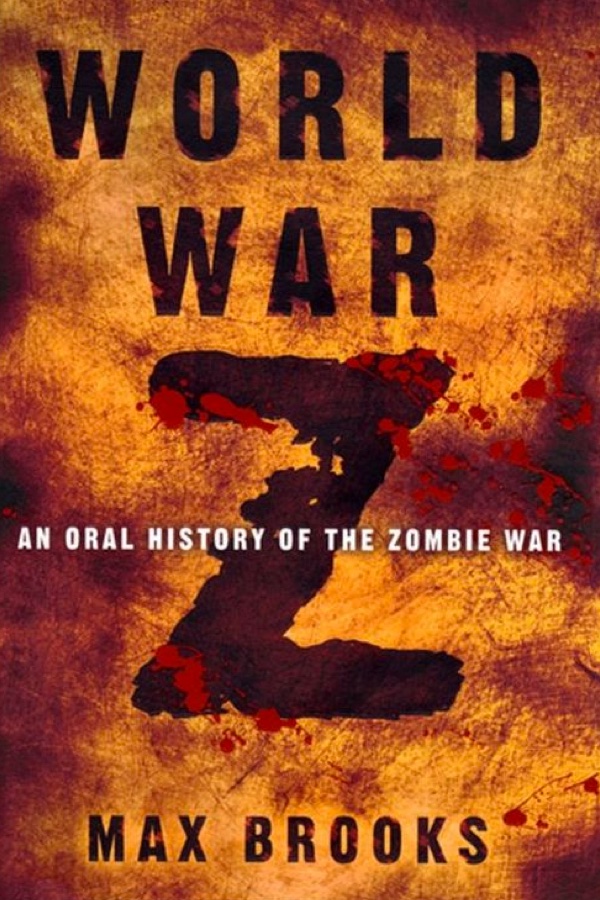Zombies very nearly ended humankind! The war to save us has been fought and essentially won, but the lessons from it must not be forgotten. World War Z chronicles the fight from its very beginnings by providing interview manuscripts from all the war’s key players, in addition to the perspective of everyday average citizens. This is not a narrative, but a compilation of eyewitness accounts—of the origins of the infection that swept across the globe, of the responses by governments to cope, and of the major turning points that reveal the best and worst in human nature. World War Z is not just an action-packed romp through the raw, bloody battle against flesh-eating former humans: it is a text that in weaving together political philosophy and anthropology puts a mirror up to ourselves. It’s not just entertaining; it’s revelatory.
The theme of the human-ending cataclysm and its aftermath is its own exponentially growing genre, and the zombie apocalypse is probably its most famous manifestation. Indeed, what is more terrifying than humanity losing what distinguishes us from other animals: our ability to reason and make our own decisions? Even more, what could be worse than this destruction occurring at our own hands—or teeth? What makes World War Z different, though, is that it gets to the heart of who we are more thoughtfully than the movies and television programs that have paved this over-tread path. How would we initially respond to reports of a seemingly implausible virus that brings on cannibalism? How much would we rely upon and trust that our government was doing what was best for us? How would we respond to the millions of refugees, who are potentially sick, seeking help? How do we fight an enemy that has no fear?
These are just some of the questions whose answers come from the book’s eyewitnesses. But the book also provides commentary on the strengths and weaknesses of many of our cultures. America responds in a particular manner that is different from the way China, Russia, and North Korea do. Israel was the first to take defensive action—even when there were just rumors of a plague. South Africa developed the main response plan, which itself is chilling to fathom. Why? Why did these societies respond the way they did? The answers to these secondary questions really get to the treasure that the book provides.
The author, Max Brooks, is even-handed and does not seem to have a political agenda, whether liberal or conservative. A reader does not feel as if he is being coaxed into a new political system of beliefs; rather he or she is compelled to consider the harsh realities that would become present in such a scenario. Political affiliations somewhat go out the window when zombies are shattering them…and they do. But human frailties and strengths come to the surface in an ultimately hopeful ending. That the war has been won is not the climax. It’s how it was won that leaves the reader with wonder.
While this is not high literature or elevated writing, its action and themes make it a very enjoyable read appropriate for Upper School students. There is much coarse language throughout, in addition to descriptions of graphic violence. Sexuality is not present to any great degree: there is mention of “skin flicks” and rapes, but no further details.
Interestingly enough, there is a 2013 film (same title) that was based on this book. The film is worth seeing in its own right, and it does not reveal much of this story’s plot. It is a worthy companion to this read, though it does contain the graphic violence and language.
Study Questions
- What are quislings? What problem do they pose and what aspect of human nature do they reveal?
- What role do lawyers and other so-called “white-collar” workers play in the war effort?
- Does war-profiteering play a role in the book?
- Who is the 10th man?
- How much did our technology help in defeating the zombies?



